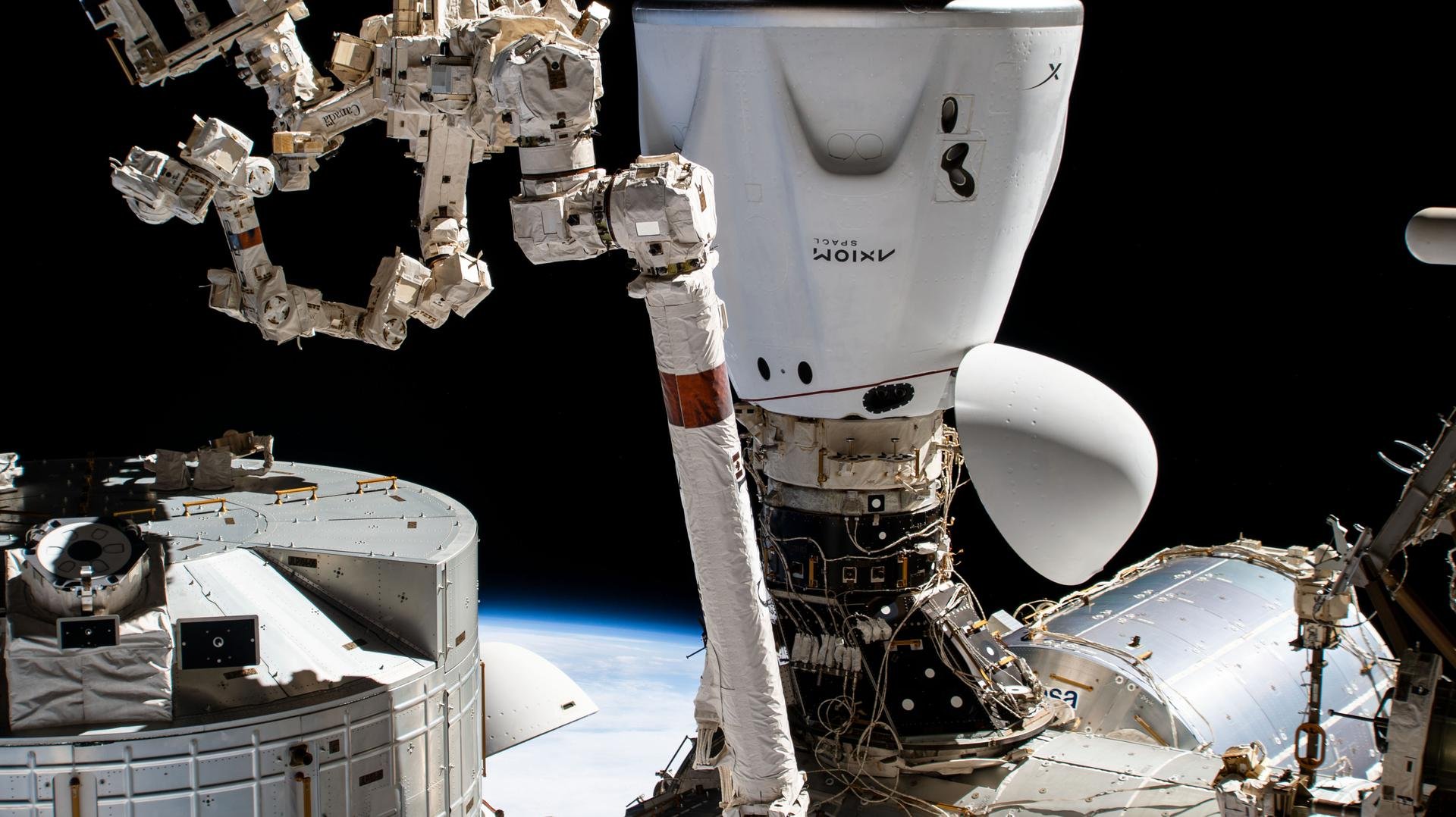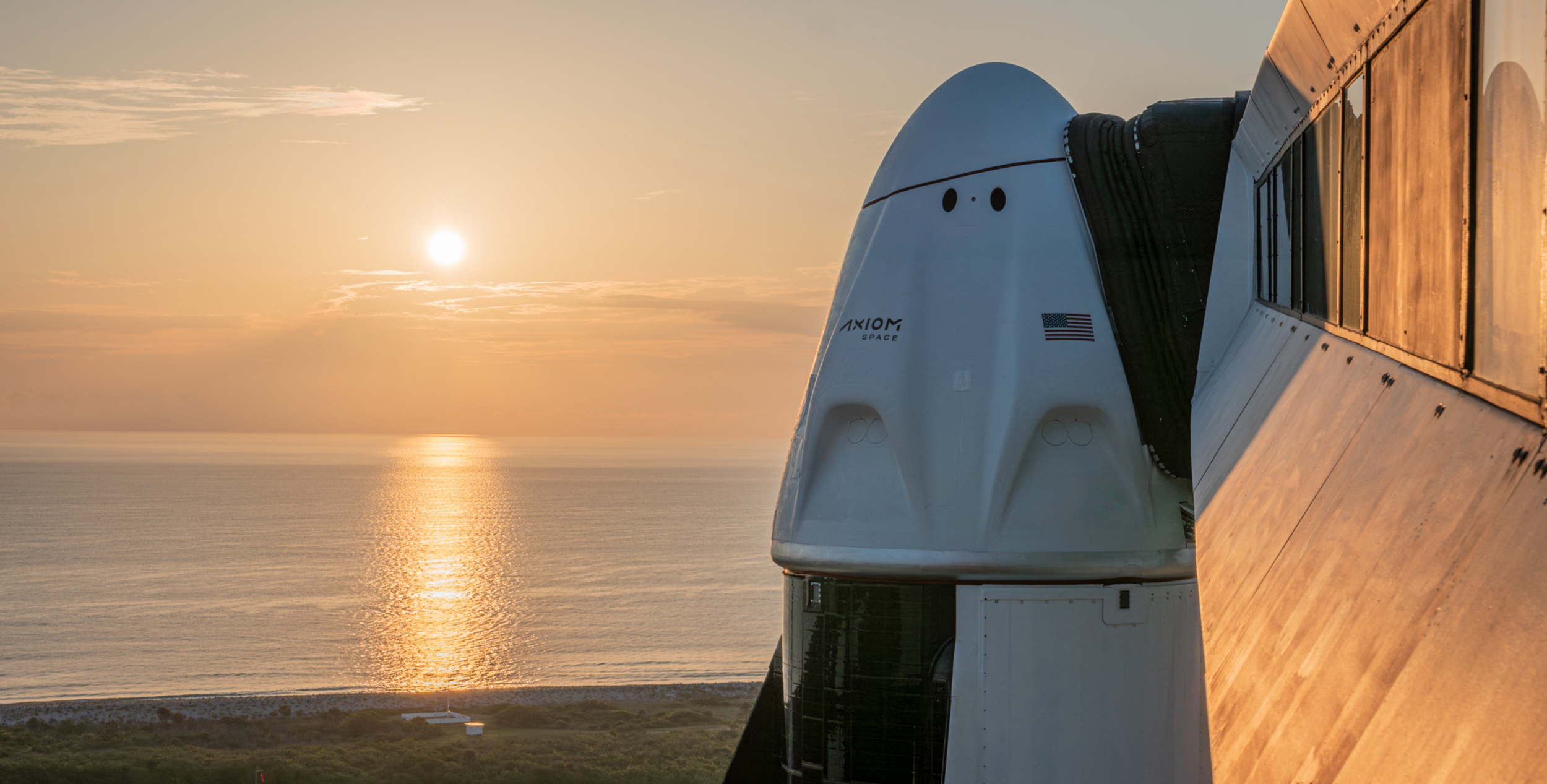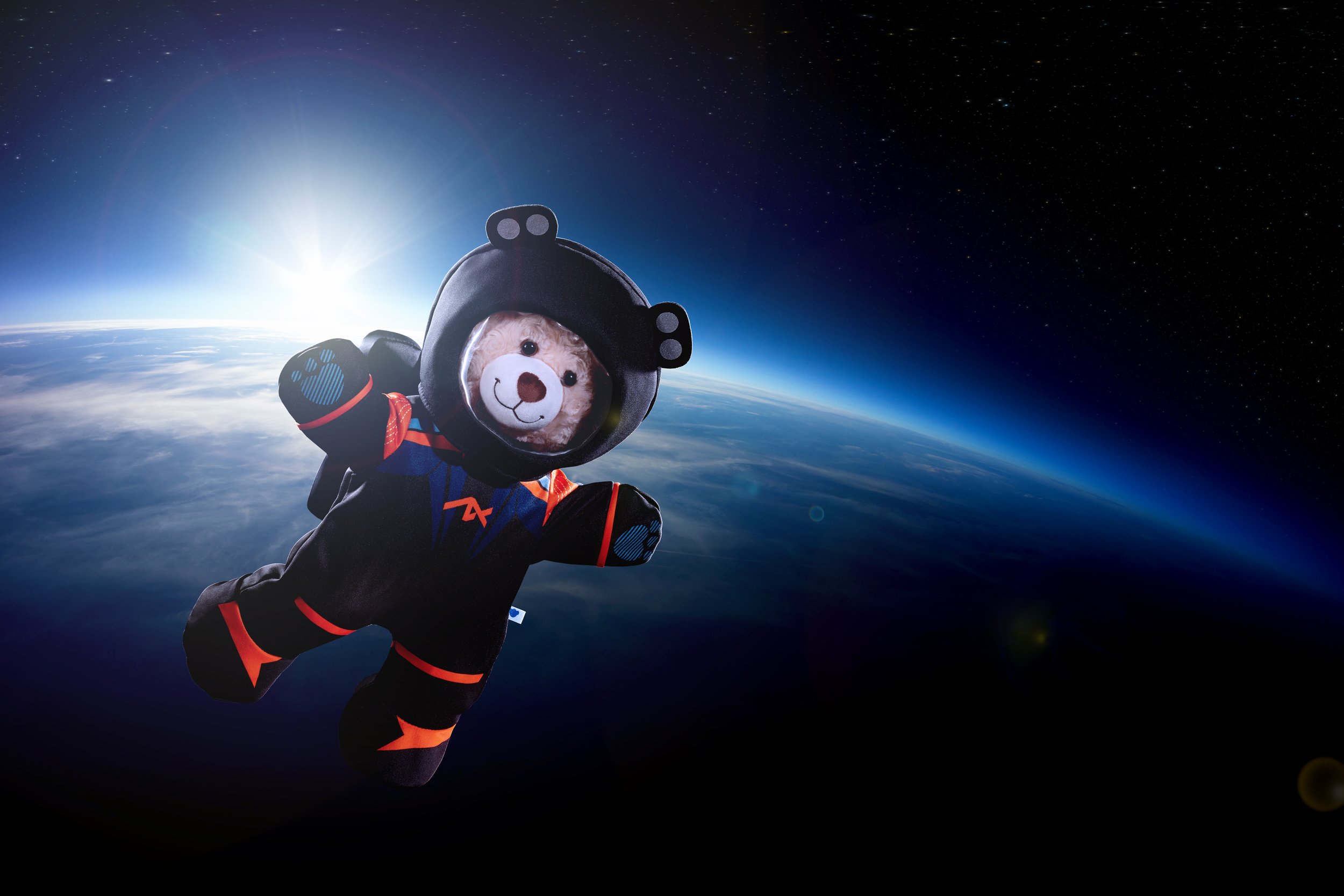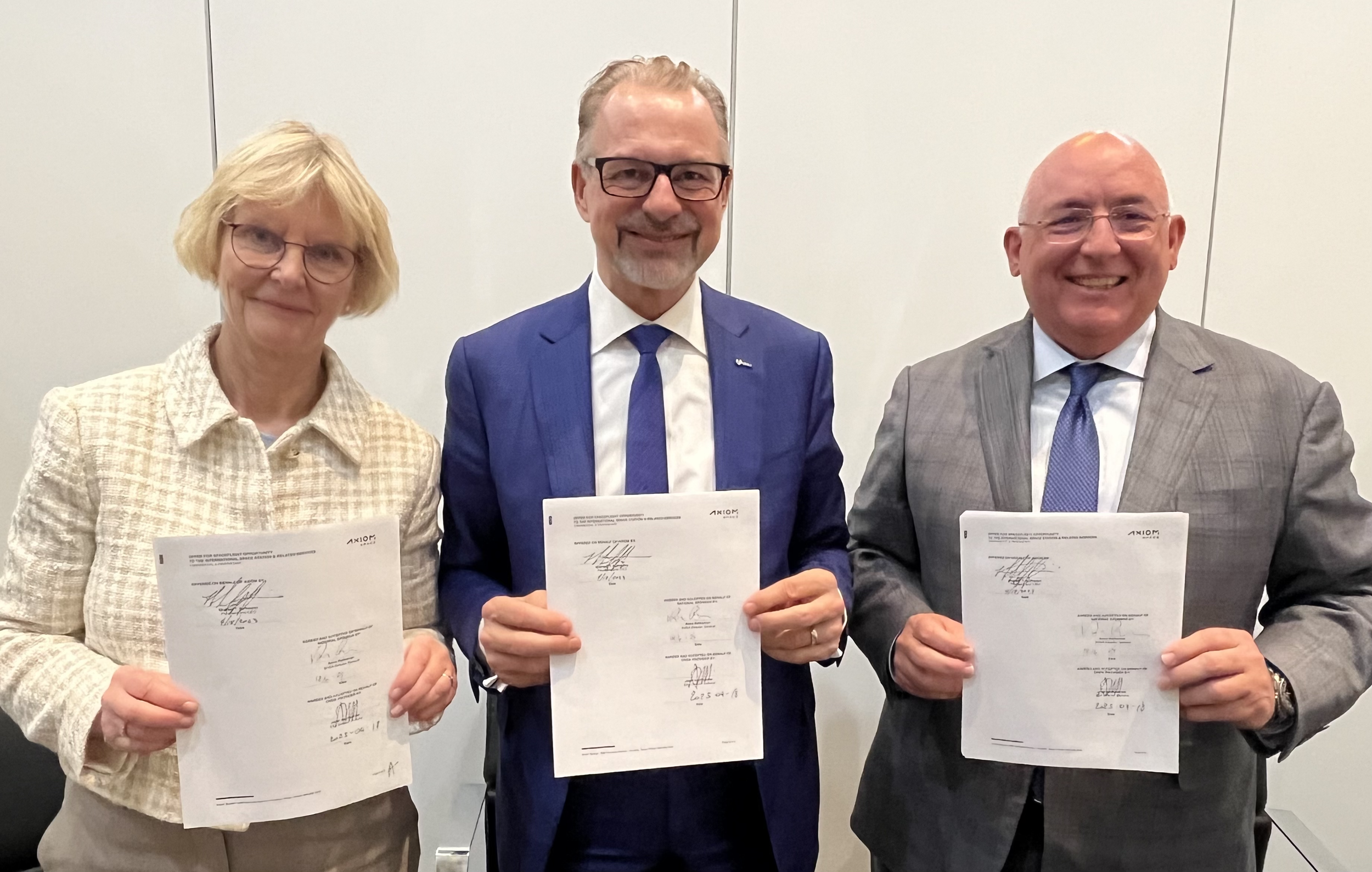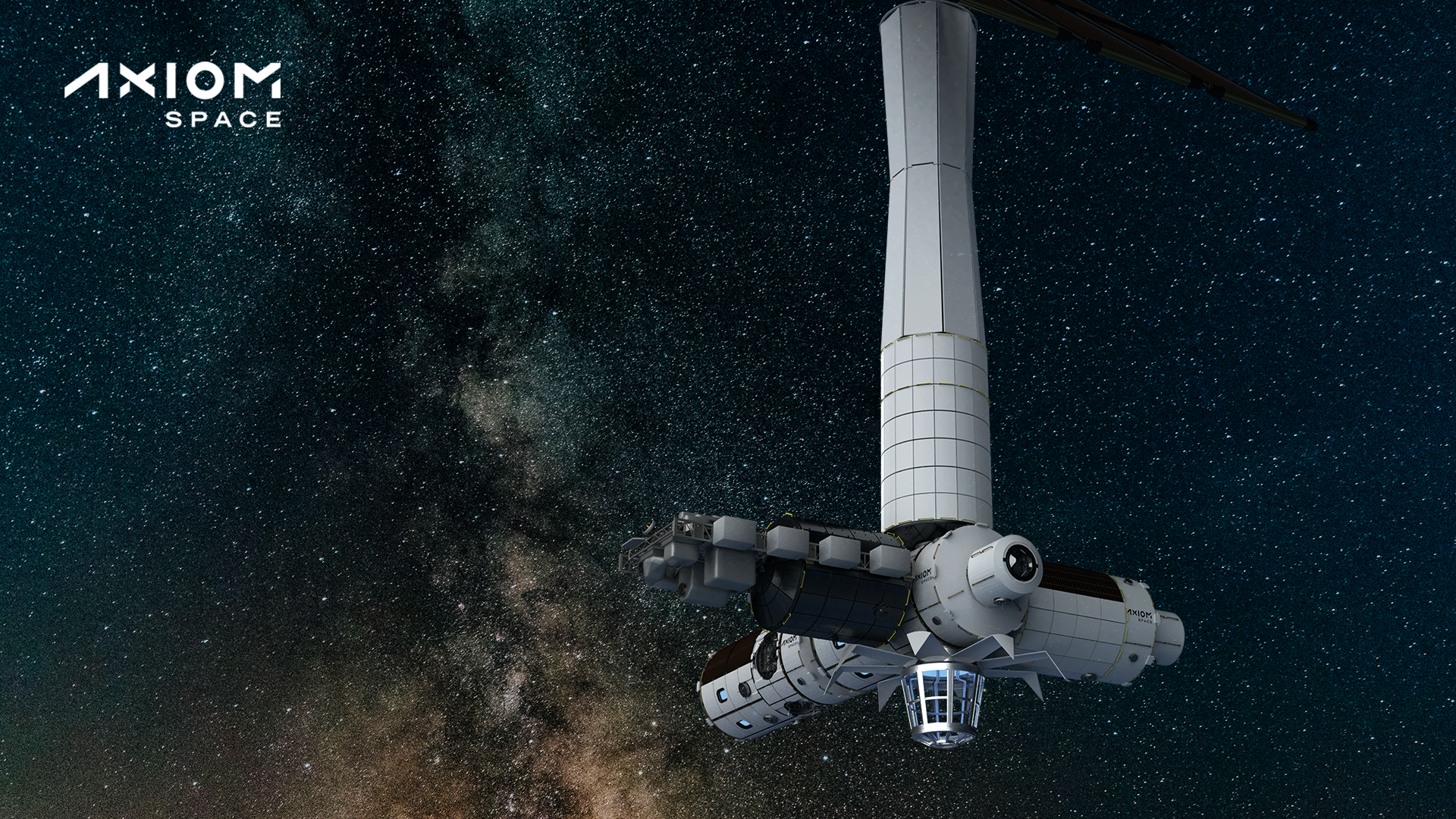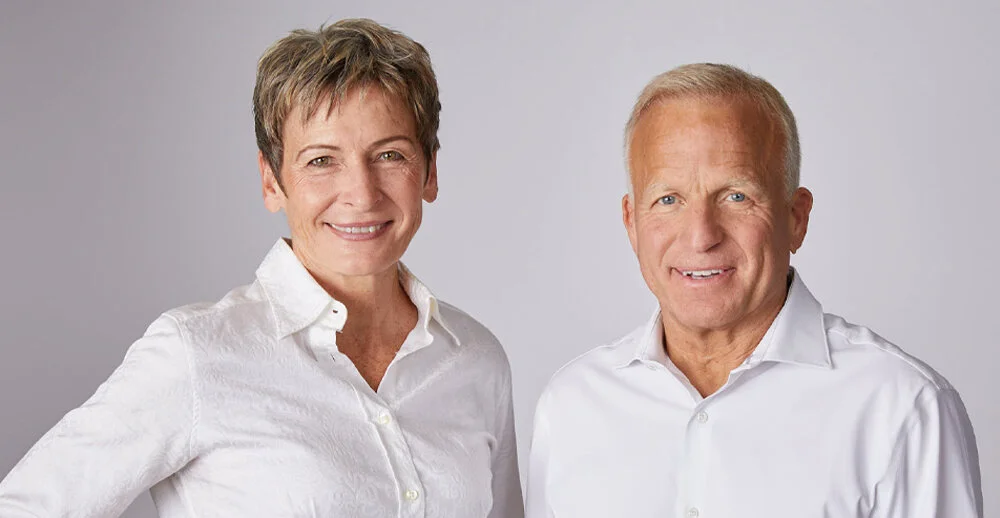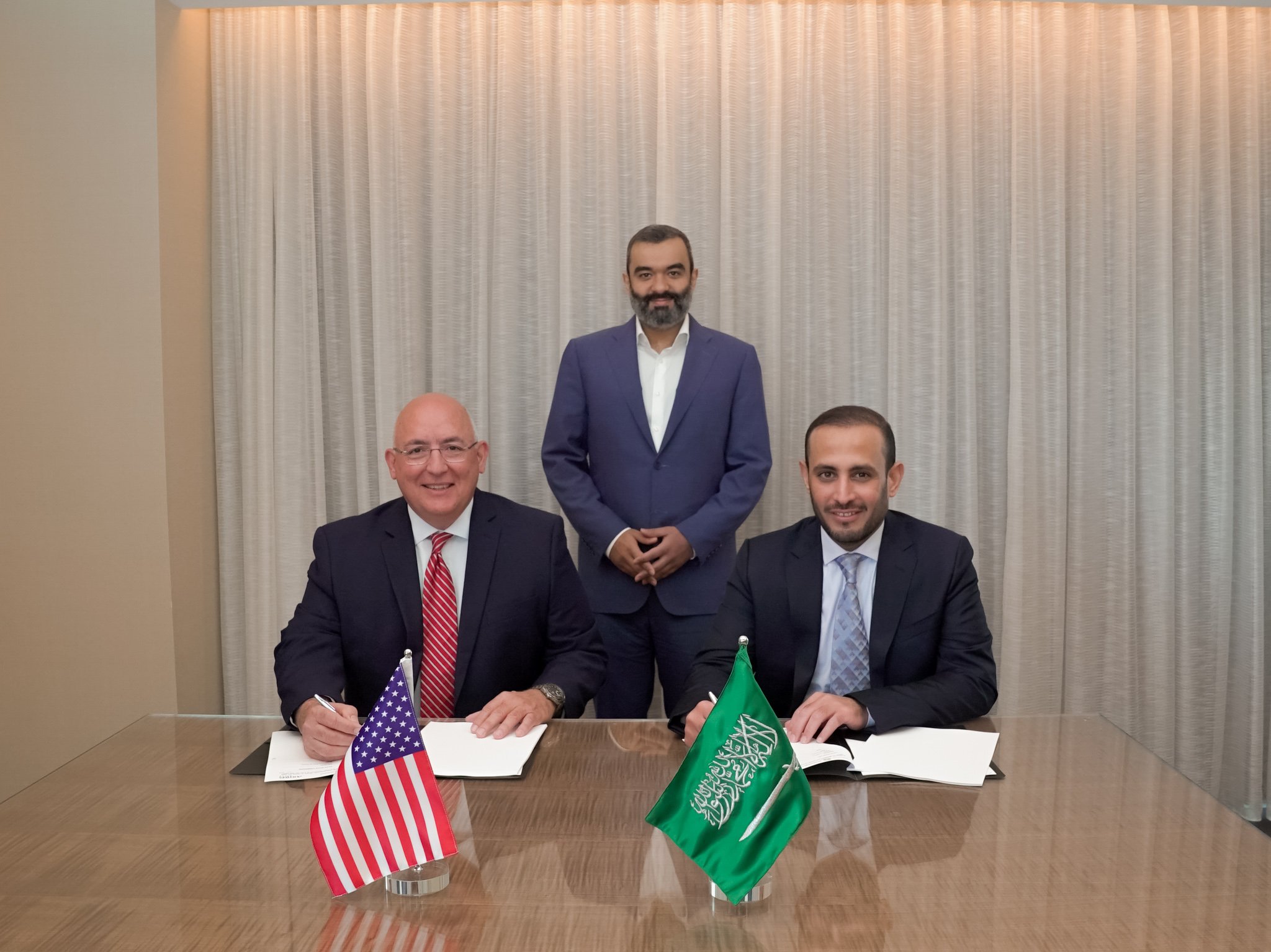Select Ax-2 Mission Investigations
The following are some of the investigations and demonstrations flying on Ax-2, more information will be available on axiomspace/ax2-research.
DNA nano therapeutics in collaboration with University of Connecticut, Eascra Biotech, and Advanced Solutions Life Sciences (ASLS)
DNA inspired Janus-based nanomaterials are biologically inspired nanotubes that can be used for therapeutic mRNA delivery or other therapeutics at room temperature, and as a first-in-kind injectable scaffold for cartilage repair. This project will leverage microgravity to optimize the assembly of DNA-based nanomaterials for multiple therapeutic uses and ultimately develop standards for in-space manufacturing of nanomaterials for a wide range of therapeutic applications. Axiom Space is contributing to the NASA-funded In-Space Production Applications project through the Ax-2 mission.
Stellar stem cells in collaboration with Board of Governors Regenerative Medicine Institute at Cedars-Sinai
This project seeks insights into the impact of microgravity on producing stem cells and stem cell-derived products in space. Using space to evaluate the steps used in terrestrial manufacturing to reprogram skin cells (fibroblasts) into stem cells capable of producing a variety of tissue types (heart, brain, and blood), could support regenerative medicine uses on Earth. Axiom Space is contributing to the NASA-funded In-Space Production Applications project through the Ax-2 mission.
Cancer in low-Earth orbit in collaboration with Sanford Stem Cell Institute at UC San Diego
As a follow-on project flown on Ax-1 (Modeling Tumor Organoids), this effort will expand the tumor organoid model to include triple-negative breast cancer cells in order to study immune dysfunction and drug challenge with countermeasures for ADAR1-fueled cancer proliferation and immune evasion: fedratinib and rebecsinib, for the further development of stem cell models that can help predict and prevent cancer. These models can be tools for detection of and therapies for pre-cancer, cancer, and a variety of other diseases on Earth. This project is part of the expanded Integrated Space Stem Cell Orbital Research (ISSCOR) collaboration between the Sanford Stem Cell Institute, JM Foundation, and Axiom Space.
Space tissue and regeneration in collaboration with Wake Forest Institute for Regenerative Medicine and the RegenMed Development Organization (ReMDO)
Bioengineered liver and kidney tissue constructs will be sent to space to assess the impact of microgravity on vascularization of thick tissues. If successful, this platform technology and approach could lead to the in-space bioengineering of ‘building blocks’ of tissue that can serve as a bridge to transplants in patients awaiting a limited supply of donor organs. This project is part of the Axiom Space collaboration with Wake Forest Institute for Regenerative Medicine and the ReMDO to develop an In-Space Biomanufacturing Hub for regenerative medicine.
Space hematopoietic stem cell aging in collaboration with Sanford Stem Cell Institute at UC San Diego
In this project, the activity of DNA and RNA-editing enzymes involved in mutations that may be related to development of immune dysfunction-related disease states and cancer will be evaluated by analyzing blood samples taken from the crew before, during, and after spaceflight. This will help better understand changes in editing activity of these enzymes in blood stem cells due to spaceflight. This project is part of the expanded Integrated Space Stem Cell Orbital Reseach (ISSCOR) collaboration between the Sanford Stem Cell Institute, JM Foundation, and Axiom Space.
mRNA response and stability in Space in collaboration with King Faisal Specialist Hospital & Research Center, Saudi Space Commission (SSC)
The set of experiments investigates the inflammatory response of human immune cells in microgravity, specifically the changes in mRNA decay, a process that can turn inflammation off. Moreover, response to therapy is mimicked by utilizing the same cellular model. The crew will take RNA samples for analysis on the ground, where the investigators will monitor RNA expression patterns, and excitedly thousands of mRNA half-lives will be measured. Results could contribute to a better understanding of space health and uncover biomarkers or potential therapies for inflammatory diseases in both Space and Earth. The project is funded by SSC, where one of their astronauts will perform the experiments at the ISS.
Nebula human research biosamples and biodata in collaboration with Nebula Research & Development Company, Keele University, and Weill Cornell Medicine
This portfolio of projects will look at how humans adapt and respond to spaceflight to better understand human physiology in microgravity, which will contribute to our understanding of how to keep humans healthy in space. Projects utilizing novel neuroscience tools include measuring blood flow to the brain and the brain’s electrical activity, assessing intracranial pressure by non-invasive assessment of the pupil of the eye, and monitoring changes in the optic nerve over time. Improved monitoring of neurological health may help make spaceflight safer in the future and allow for the development of rapid, non-invasive monitoring, as well as early interventions and the development of countermeasures. Blood and bio-sample specimens will also be taken to examine multi-omic biomarkers related to spaceflight and also to map changes in the length, structure, and epigenetics of chromosomes and telomeres. This project is in collaboration with the Saudi Space Commission.
TRISH essential measures
The Translational Research Institute for Space Health (TRISH) is developing a battery of tests to be completed by the crew that will inform how commercial spaceflight crew members adapt to microgravity and how countermeasures can be developed to keep crew healthy and enable peak performance during missions. This battery of tests will include physical assessments, questionnaires, taking biological samples from the crew, and wearing devices that sense and measure physiological responses to spaceflight. The tests will be analyzed to determine how quickly and how well crew adapt to moving in space, study how the eye changes during spaceflight, how well the crew can perform cognitively demanding tasks, and what changes the body undergoes in microgravity. Measurements will be added to TRISH’s EXPAND (Enhancing eXploration Platforms and ANalog Definition) program, which seeks to increase understanding of human health and performance through data collected from commercial spaceflight participants.
Gravity loading countermeasure in collaboration with MIT
The Gravity Loading Countermeasure Skinsuit is an intravehicular activity suit for astronauts that has been developed to simulate some of the effects of Earth’s gravity and mitigate some of the physiological effects of microgravity, including spinal elongation, muscle atrophy, and sensorimotor changes. This wearable system is intended to supplement exercise during future missions to the Moon and Mars and to further attenuate microgravity induced physiological effects in future low-Earth orbit mission scenarios. The purpose of this study is to characterize the Skinsuit and its physiological effects on a short-duration low-Earth orbit mission.
Multifunctional shielding polymer demo in collaboration with Cosmic Shielding Corporation
A newly developed polymer nanocomposite, commercially known as Plasteel, is being tested for its ability to protect against space radiation, which consists of heavy charged particles and secondary photons, electrons, and neutrons. During the Ax-2 mission, the newly developed nanocomposite will be tested in the internal radiation environment of the ISS to validate the shielding ability of the material for both electronics and future astronauts. CSC's Plasteel has been tested at particle accelerator facilities on Earth, and this mission will represent the first major on-orbit demonstration of the technology.
Cloud seeding in microgravity in collaboration with King Fahd University of Petroleum & Minerals (KFUPM), Saudi Space Commission, and Nanoracks
Cloud seeding is the process of artificially generating rain by implanting clouds with particles such as silver iodide (AgI) crystals. Cloud seeding has been adopted by many countries to increase precipitation in areas suffering from droughts. In this experiment, cloud seeding will be examined for the first time in space under microgravity conditions. Moist air and AgI crystals will be mixed in a reaction chamber to examine the possibility of nucleation, where water vapor condenses on AgI crystals to form water droplets. The outcome of this experiment will help develop weather control technology to generate artificial rain in future human settlements on the Moon and Mars.
Imaging of Lightning and Nighttime Electrical Phenomena from Space (ILAN-ES) in collaboration with the Rakia Mission
This night-time experiment will image thunderstorms, lightning, and transient luminous events (TLEs) known as sprites, blue jets, and elves. These electrical phenomena occur at high altitudes above thunderstorms and are a marker of severe weather and extremely powerful lightning, called superbolts. By taking video images from the ISS Cupola, the interactions between the upper and lower atmosphere can be studied. Observations from space will be augmented by ground-based observations conducted by international research groups and schoolchildren in the Middle East, Africa, Asia, and the Americas.
Axiom Space communication systems technical demonstration
The Axiom Space Communications System payload will develop and test alternative ways for onboard communication to be used with a type of mobile device. This test will potentially allow crew members more flexibility to communicate with mission control and loved ones on the ground.
Axiom Space imagery processing and collection
Axiom Space is investigating the use of an automatic, wireless transfer application tool for downlinking imagery. This demonstration will provide insight on the feasibility and efficiency of this tool for future use on Axiom Station to reduce crew time and ground time on image transferring, allowing the crew and ground more time to focus on science and outreach.
Stowage Tracking & Inventory Intelligent Video System (STIIVS)
Axiom Space’s STIIVS uses computer vision to identify and track items for inventory management, stowage location tracking, and associated analytics. Results could provide insight into the feasibility and efficiency of this tool for use on Axiom Habitation Module 1 (AxH1) once it is attached to the ISS.
Odor visualization in collaboration with Japan Manned Space Systems Corporation (JAMSS)
JAMSS Odor Visualization is a tech demo developed by JAMSS that will use two QCM (quartz crystal microbalance) sensors to detect odors in a low-Earth orbit pressurized environment. The data collected will then be used to visualize the detected odors and could improve the quality of life for space travelers with future applications.
DreamUp DreamKits in collaboration with Nanoracks
The STEM-focused experiments are conducted in microgravity to educate students on the unique environment of the Space Station. These three visual experiments will demonstrate differences in fluid behavior on Earth and in microgravity, explore the aerodynamic behavior of different kite shapes on the ISS, and show effects of the vacuum of space on heat transfer. Students across the Kingdom of Saudi Arabia will participate in ground-based experiments on Earth to gather comparison data with custom-built kits and, in the case of Space Kites, the general public can gather their own data using household materials and instructions provided by DreamUp. This project is in collaboration with the Saudi Space Commission.
Axiom Space and its partners will be releasing more details on the research conducted on Ax-2 in the weeks to come, here: axiomspace.com/ax2-research.

